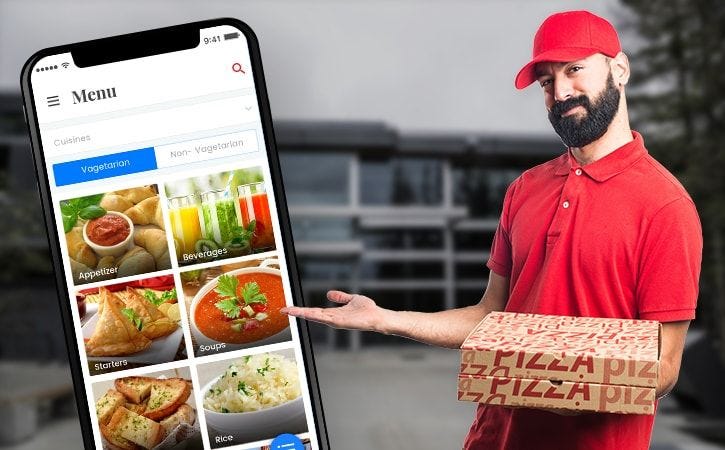In recent years, the landscape of dining has undergone a profound transformation, largely propelled by the surge in popularity of food delivery services. The convenience and accessibility offered by these services have not only changed the way people consume food but have also disrupted traditional restaurant models. This article delves into the multifaceted impact of food delivery services on the dining experience.
The Convenience Quotient
One of the primary drivers behind the success of food delivery services is the unparalleled convenience they provide. Gone are the days of waiting in long lines or spending hours in the kitchen; consumers can now enjoy restaurant-quality meals from the comfort of their homes. The ease of ordering through mobile apps has become a game-changer, offering a plethora of choices at the touch of a button.
Expanding Culinary Horizons
Food delivery services have democratized access to diverse culinary experiences. Individuals can now savor dishes from a variety of cuisines without having to travel or dine in a restaurant. This has led to a culinary renaissance, with consumers becoming more adventurous in their food choices, exploring flavors from around the world without leaving their homes.
Impact on Traditional Restaurants
While food delivery services have thrived, traditional brick-and-mortar restaurants have faced both challenges and opportunities. On one hand, these services have opened up additional revenue streams for restaurants, allowing them to reach a broader audience. On the other hand, some establishments have struggled to adapt to the shift in consumer behavior, leading to the closure of certain dining establishments that couldn’t compete in the digital landscape.
Employment Dynamics in the Gig Economy
The rise of food delivery services has also contributed to the growth of the gig economy. Delivery drivers, often working as independent contractors, have become a crucial component of the food delivery ecosystem. However, debates about labor rights, fair compensation, and job security have emerged, shedding light on the challenges faced by those on the front lines of this evolving industry.
Sustainability Concerns
While food delivery services offer undeniable convenience, concerns about their environmental impact have surfaced. Packaging waste, increased carbon emissions from delivery vehicles, and the energy consumption of large-scale food delivery operations pose challenges to the sustainability of these services. Innovations in eco-friendly packaging and the exploration of greener delivery methods are becoming imperative to address these concerns.
